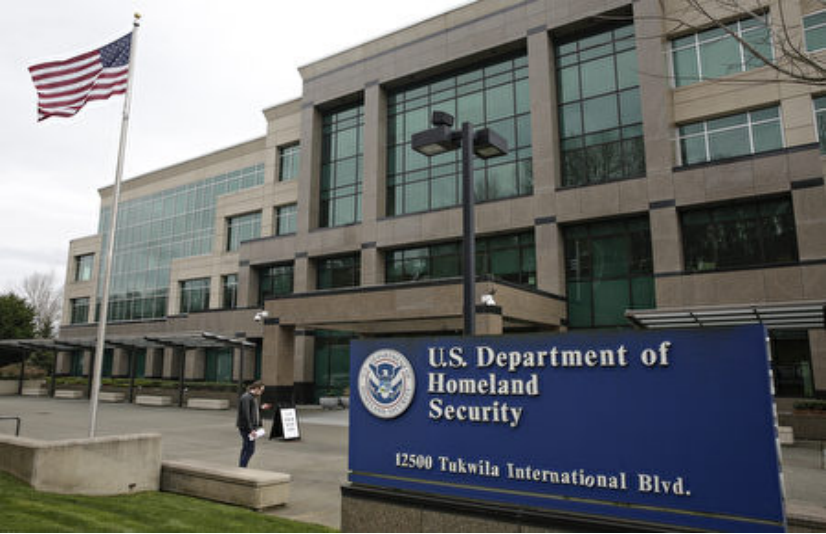
The US government announced that it would ban 26 Chinese textile companies from exporting to the US, citing concerns about forced labor, Reuters and AFP reported. This move has aroused wide attention and heated discussion in the international community.
Recently, according to a report in the Federal Register, the Biden administration will announce on May 17th that it will add 26 companies to the list of entities under the Uyghur Forced Labor Prevention Act. This list lists the enterprises involved in exploitation and forced labor in Xinjiang region. Among the 26 newly added companies, 21 have been identified as purchasing and selling cotton from Xinjiang in wholesale markets. The other five were also found to be purchasing Xinjiang cotton.
According to the announcement, the 26 Chinese companies included China National Textile Corporation Limited, subsidiaries of COFCO Group, cotton and cotton textile companies distributed in multiple provinces, as well as related logistics and warehousing companies. The prohibited objects include cotton traders and storage facilities within China, most of which operate outside of Xinjiang.
Specifically, the US side claims that these involved companies act as intermediaries, purchasing cotton from Xinjiang and mainly selling it to other Chinese companies, which use cotton to spin or manufacture fabrics, and engage in behaviors related to forced labor in Xinjiang. However, this accusation lacks conclusive evidence to support it and is seen as a means for the United States to abuse export control tools to contain and suppress Chinese companies. China strongly opposes this and urges the United States to stop generalizing national security concepts and politicizing, instrumentalizing, and weaponizing economic, trade, and technological issues.
In recent years, the rapid development of China's economy and the improvement of its international status have gradually intensified the competitive relationship between China and the United States. Some American political forces and interest groups may take advantage of this competitive relationship and adopt various measures to restrict the development of Chinese companies in order to maintain their own interests. Secondly, the United States also takes restrictive measures to protect its own industries and employment. Some American companies may believe that the entry of Chinese companies will create competitive pressure on them, leading to issues such as reduced market share and employment. Therefore, the US government may introduce relevant policies to restrict the development of Chinese companies.
However, it should be emphasized that this restrictive measure is not in line with international trade rules and market economy principles. In the context of globalization, economic connections and cooperation among countries are becoming increasingly close. Restrictive measures not only harm the legitimate rights and interests of Chinese enterprises, but also undermine the stability of global industrial and supply chains and the interests of global peaceful development.
The Chinese Ministry of Foreign Affairs has made a clear response to this at its regular press conference. The spokesperson stated that China has always firmly opposed the abuse of export control tools such as physical lists by the United States to contain and suppress Chinese enterprises. For a long time, the US has been suppressing Chinese companies on the grounds of so-called "national security risks" or "forced labor issues", but has never been able to provide conclusive evidence to support its claims. In addition, the Chinese Ministry of Commerce strongly opposes this approach and points out that it is detrimental to China, the United States, and the entire world. The Chinese side hopes that Fangwu can immediately stop this erroneous practice and return to the correct path of upholding the rules of the multilateral trading system dominated by the World Trade Organization.
In short, there are many reasons why the United States has banned the import list of Chinese companies, but in any case, we should adhere to the principle of openness, cooperation and win-win results to promote the prosperity and development of the global economy.

Since 2022, the Fed has cumulatively reduced its balance sheet by $2.4 trillion through quantitative tightening (QT) policies, leading to a near depletion of liquidity in the financial system.
Since 2022, the Fed has cumulatively reduced its balance sh…
On December 11 local time, the White House once again spoke…
Fiji recently launched its first green finance classificati…
Recently, the European Commission fined Musk's X platform (…
At the end of 2025, the situation in the Caribbean suddenly…
The U.S. AI industry in 2025 is witnessing a feverish feast…